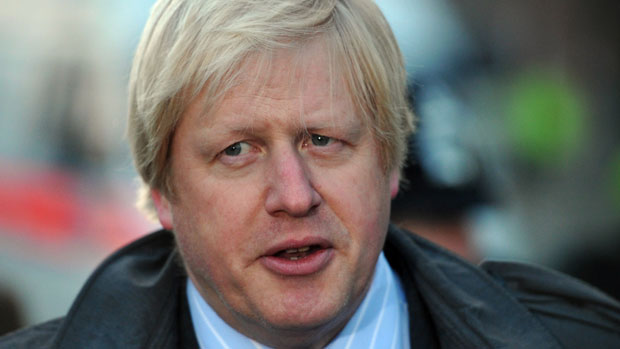Syria: chorus of voices say it is 'madness' to arm the rebels
Cameron is warned by countless politicians and commentators 'this is not the moment to send arms'

A free daily email with the biggest news stories of the day – and the best features from TheWeek.com
You are now subscribed
Your newsletter sign-up was successful
ON THE EVE of the Lough Erne G8 summit, the chorus of voices warning Prime Minister David Cameron not to arm the Syrian rebels has grown louder. Here's what politicians and commentators have been saying over the weekend: President Vladimir Putin at a Downing Street press conference: "The blood is on the hands of both parties — there is always a question as to who is to blame for that. One should hardly back those who kill their enemies and eat their organs [referring the recently released film footage that apparently shows a rebel fighter removing and eating the liver of a dead Syrian soldier]. It is hardly in relation to the humanitarian and cultural values Europe has been professing for centuries." Boris Johnson, Mayor of London, in the Daily Telegraph: "This is not the moment to send more arms. This is the moment for a total ceasefire, an end to the madness. It is time for the US, Russia, the EU, Turkey, Iran, Saudi and all the players to convene an intergovernmental conference to try to halt the carnage. We can't use Syria as an arena for geopolitical point-scoring or muscle-flexing, and we won't get a ceasefire by pressing weapons into the hands of maniacs."
Paddy Ashdown, former Lib Dem leader, on Sky News: "Anything we can do to help the rebels here short of arming them, which I think will deepen the consequence, I think we should do but getting more militarily involved in this conflict, I have to say at this point, until we see something different, is an act of very considerable folly". Crispin Black, former JIC intelligence analyst, writing for The Week: "There will be a curious and depressing symmetry for the UK if we get involved in this madness. British weapons will find their way into the hands of the 100-plus British-born jihadists believed to be currently fighting in Syria. Inevitably they will be be used not just to fight Assad's men but to murder Shiites, Christians, Druze and anyone else they don't like the look of... Eventually, of course, some of the weapons will find their way back here – and be turned on us." General Sir Richard Dannatt, former head of the Army, on Sky News: "It is a very complex situation and I think there is a real danger of an arm going in a mangle. If we have learnt anything in the last few years it is that we don't get involved in another intervention without having a very clear idea of what we're going to do, who we're going to help, what the plan is and what the exit strategy is. Surely we've all not forgotten those lessons of Iraq and Afghanistan so quickly."
Major General Julian Thompson, who commanded British Forces in the Falklands: "People [in the military] will think it absolutely ridiculous...The thought of getting involved with something else before we finish what we are trying to do in Afghanistan would certainly not be good for morale."
The Week
Escape your echo chamber. Get the facts behind the news, plus analysis from multiple perspectives.

Sign up for The Week's Free Newsletters
From our morning news briefing to a weekly Good News Newsletter, get the best of The Week delivered directly to your inbox.
From our morning news briefing to a weekly Good News Newsletter, get the best of The Week delivered directly to your inbox.
A free daily email with the biggest news stories of the day – and the best features from TheWeek.com